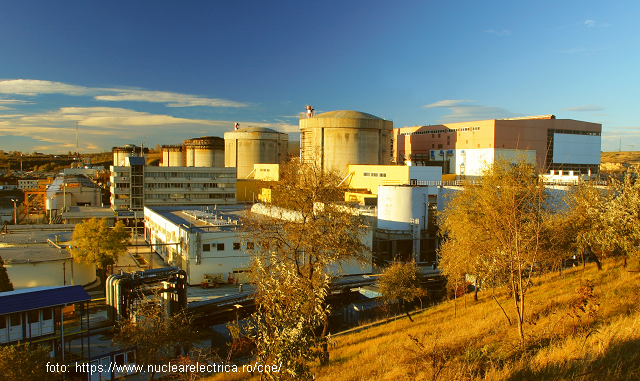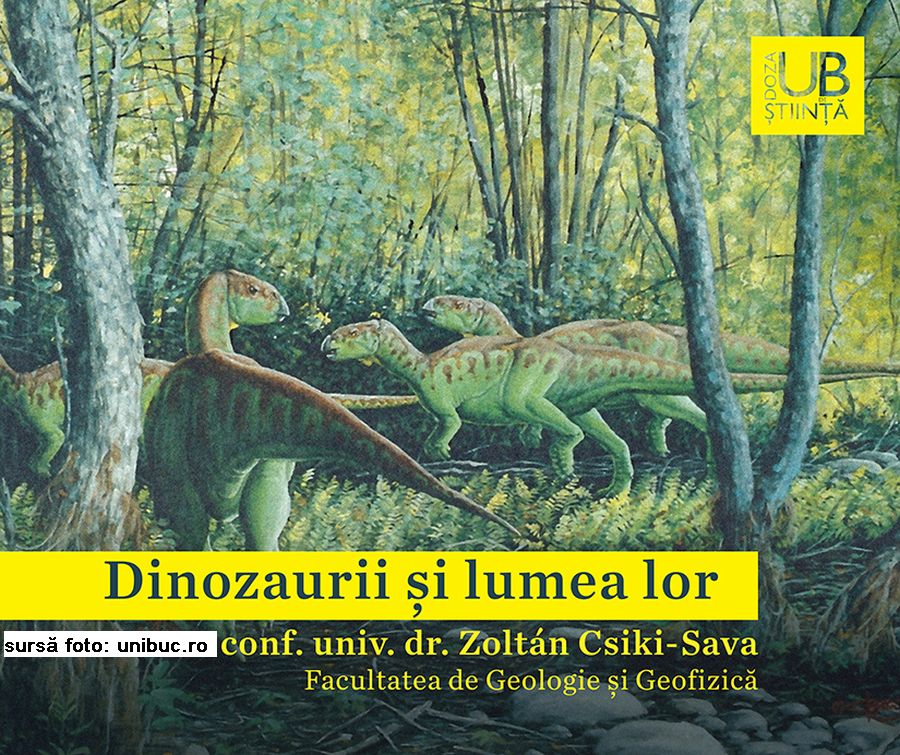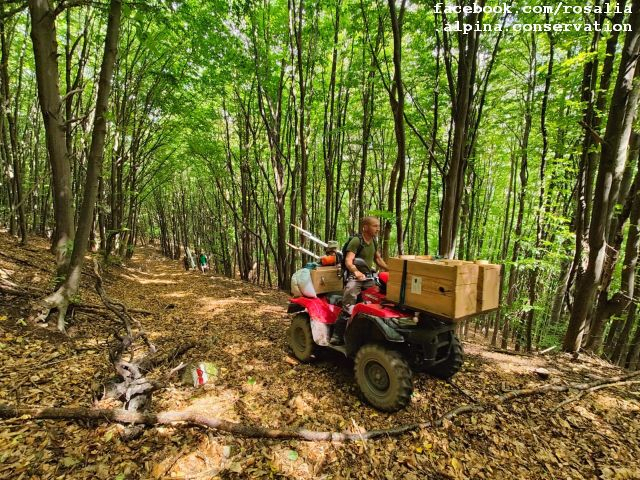Small Modular Reactors in Romania
Romania will be the first state in Europe to have a small modular nuclear reactor
Warning: Trying to access array offset on null in /home/web/rri.ro/public/wp-content/themes/rri/template-parts/content.php on line 53

Warning: Trying to access array offset on null in /home/web/rri.ro/public/wp-content/themes/rri/template-parts/content.php on line 98
Eugen Coroianu,
24.06.2022, 02:26
Romania will be the first state in Europe to have a small modular nuclear reactor. It would produce electricity safely, with minimal carbon emissions, and an under average cost for the country. The reactor, built by the American company NuScale, will be placed in the defunct thermal plant in Doicesti, in Dambovita County, in the south of the country, and operated by experts trained at the Bucharest Polytechnic. To this end, the US will supply Romania with a special simulator.
The new technology aims at improving action against climate change, and improving energy security and access to energy. Romanian Energy Minister Virgil Popescu explained recently what the American company will be doing, along with the local partner, after agreeing on terms of collaboration:
“The two companies, NuScale and Nuclearelectrica, in the memorandum they signed, have to identify exactly what the Romanian industry is able to do, how we can develop Romanian industry, how we can move domestically the manufacture of components of modular reactors. What is certain is that we want for Nuclearelectrica to be a regional operator of modular reactors, and not only, for this this NuScale technology.”
During a visit to Bucharest, Deputy Energy Secretary David Turk said that, right now, when it comes to energy we are confronting three kinds of crises. First there is the ongoing climate crisis, which has been with us for some time. Add to that the COVID crisis, which impacted hugely not only health, but also energy markets. The third emerged recently for Romania and other states in the region, President Putins aggression against Ukraine. He underlined the fact that, in this context, the USA is eager to work with Romania to face down all these crises. In turn, Cosmin Ghita, Nuclearelectrica general director, said that placing the nuclear plant in Doicesti is taking advantage of existing infrastructure. At the same time, he spoke about which stage the project is in:
“We have signed the initial contract and initiated the first stage for this project back in November 2021, work is in progress. Based on this work, we can start to complete the first engineering and procurement stage for the long term cycle of manufacture. We got the initial input, we have 35% progress for this first stage. At this time according to our schedule, we will start preparing for second stage, and to start negotiating these contracts, in order to comply with the deadline we have adopted, for late 2030.”
European energy security and expanding the Romanian domestic civilian nuclear program were also discussed by Deputy Secretary Turk and PM Nicolae Ciuca. They agreed that building reactors 3 and 4 at the nuclear plant in Cernavoda, in the southeast, as well as maintenance for reactor 1, are much needed steps for ensuring Romanias energy independence. Also, both sides showed willingness to develop the Romanian- American partnership, both in nuclear energy, as well as oil and gas exploitation. The main benefits of implementing these solutions aim at both decarbonization — a major European objective — as well as the high security level at which investments would run, as shown by a press release from the government in Bucharest. All these are all the more important in the present context of international energy sanctions against Russia because of Ukraine. Energy Minister Virgil Popescu believes that implementing the modular reactor technology from NuScale will be a new step towards Romanias energy independence. He added that, in addition to the proven benefits in terms of energy security and the environment, by generating safe, stable, accessible, and clean energy, with minimal emissions, the project would also bring social and economic benefits directly to the community it serves, also making prosperous the regional industry and economy.
Cosmin Ghita, the general director of domestic operator Nuclearelectrica, says about the Romanian- American project that it will very likely have a capacity of 600 MW. The project consists of a NuScale nuclear reactor with a capacity of 462 MW, while at the same time allowing for solar energy to add to the capacity of the complex. He also explained that some geodesic studies were run in the area, and that the area has good connection to the regional network of thermal energy distribution and the national grid. At the same time, there is a community with expertise in the area, which brings added economic advantages. Of course, there are some critics of the new technology. They claim that, even though the reactors are smaller, they are still nuclear plants, with all their disadvantages, such as higher costs, longer construction deadlines, and the continued worries for safety.






























